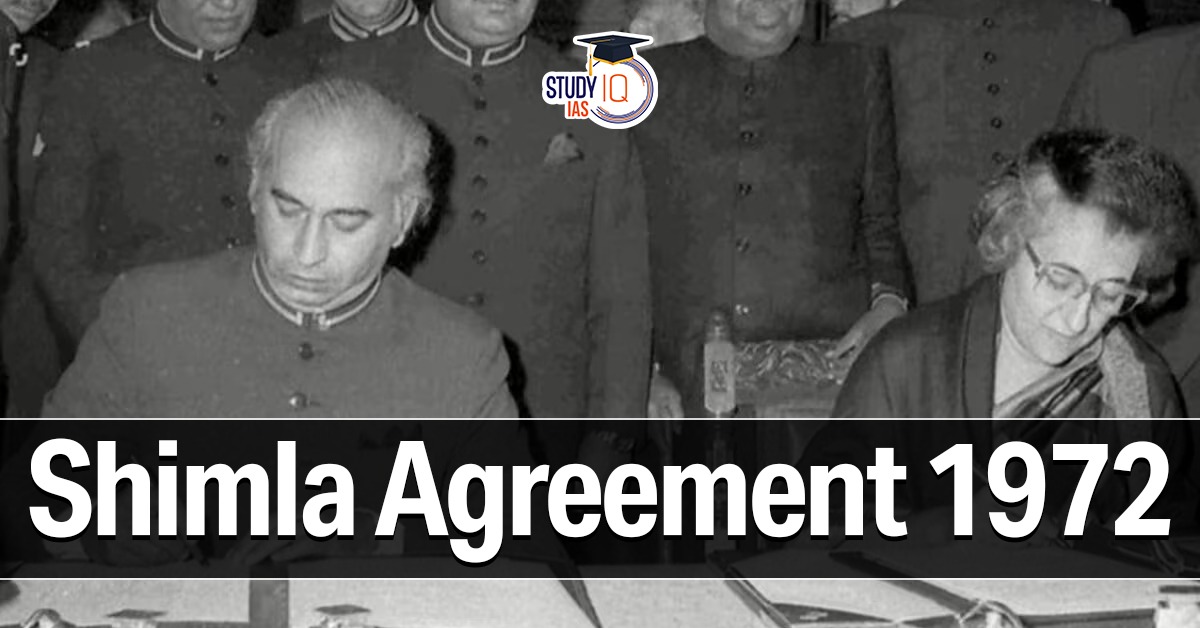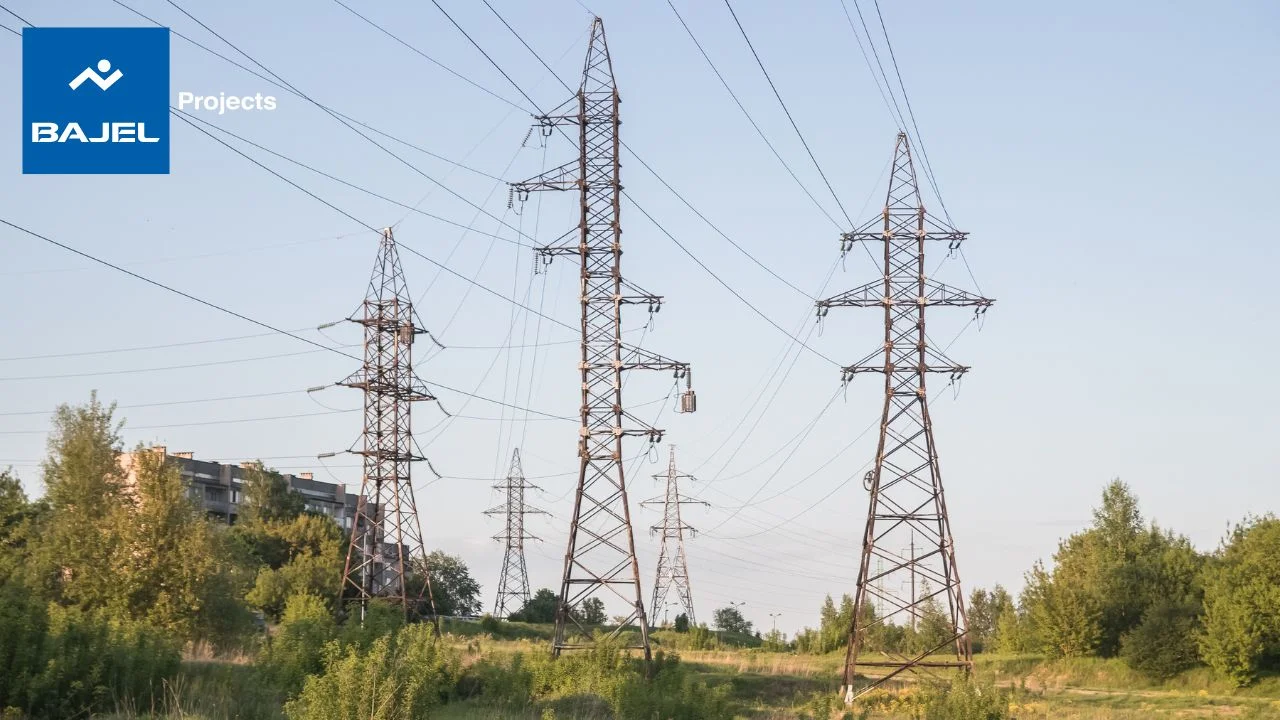 Image Source : StudyiQ
Image Source : StudyiQ
On July 2, 1972, India and Pakistan signed the historic Simla Agreement, a landmark peace accord that sought to reset bilateral ties following the 1971 war and the birth of Bangladesh. Signed by Indian Prime Minister Indira Gandhi and Pakistani President Zulfikar Ali Bhutto in Shimla, the agreement laid the foundation for a new diplomatic framework between the two nations—one built on mutual respect, peaceful resolution, and bilateral engagement.
Here’s a detailed look at the agreement’s origins, provisions, and enduring legacy.
Backdrop: The 1971 War and Its Aftermath
• The Indo-Pakistani War of 1971 ended with Pakistan’s defeat and the emergence of Bangladesh as an independent nation
• India captured over 90,000 Pakistani prisoners of war and strategic territories, prompting the need for a formal peace process
• The Simla Agreement was conceived to normalize relations, facilitate prisoner repatriation, and prevent future conflicts
Core Provisions of the Simla Agreement
• Both countries agreed to resolve disputes through bilateral negotiations, excluding third-party mediation
• The ceasefire line in Jammu and Kashmir was redefined as the Line of Control (LoC), with both sides committing not to alter it unilaterally
• India agreed to release Pakistani prisoners of war, while Pakistan pledged to normalize diplomatic ties and recognize Bangladesh’s sovereignty
• The agreement emphasized respect for each other’s territorial integrity and non-interference in internal affairs
Impact on Civilians and Border Communities
• The accord facilitated the return of hundreds of Indian civilians detained in Pakistan during the war, including villagers from Punjab’s Fazilka district
• Emotional homecomings followed months of detention, with families reunited after harrowing experiences in Pakistani camps
• The agreement became a symbol of hope and reconciliation for those directly affected by the conflict
Legacy and Contemporary Relevance
• The Simla Agreement remains a cornerstone of India-Pakistan diplomacy, often cited as the basis for bilateral engagement
• Despite periodic tensions and violations, it continues to guide conflict resolution efforts and border management
• Recent geopolitical developments, including the suspension of the Indus Waters Treaty and retaliatory moves by Pakistan, have put the agreement’s relevance under renewed scrutiny
As India and Pakistan mark the anniversary of the Simla Agreement, the accord stands as a reminder of diplomacy’s power to heal wounds and chart a path forward—even in the aftermath of war.
Sources: Firstpost, Indian Express, Wikipedia, July 2, 2025
Advertisement
STORIES YOU MAY LIKE
 Image Source: ET TravelWorld
Image Source: ET TravelWorld
 Image Source: Facebook
Image Source: Facebook
Advertisement


